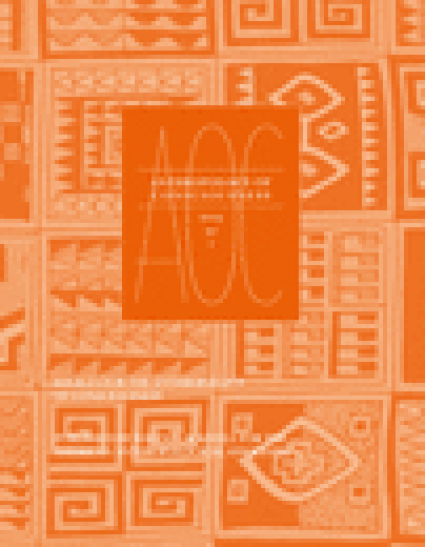
Article
Concepts of Death Among Professional Alpine Climbers: Continuing Risk Behaviors in the Face of Death
Anthropology of Consciousness
(2000)
Abstract
Alpine climbing in the US has increased in popularity since the 1970s and despite the high objective risk involved it has continued to find new devotees. For professionals involved in this sport, the risks are encountered through near‐death experiences and the real deaths of close friends. This essay uses interviews with climbers in the state of Washington, discussing their experiences with death, and uses written accounts. First, I discuss the many risks involved in climbing and how these risks are perceived and accepted by climbers. Next, I look at the immediate reaction to alpine deaths, and finally, to the long term effects on the lives and climbing practices of this group. Despite repeated confrontations with death, all informants continue exposing themselves to these risks. Every year more and more acquaintances die while the ideas and values that these climbers hold allow them to resist the fear of their own death and continue to climb.
Keywords
- Death,
- Risk-taking,
- Sports
Disciplines
Publication Date
March, 2000
DOI
10.1525/ac.2000.11.1-2.3
Publisher Statement
Published by the American Anthropological Association.
Citation Information
2000 “Concepts of Death among Professional Alpine Climbers: Continuing Risk
Behaviors in the Face of Death”. Anthropology of Consciousness. 11(2-3): 2-
13.
